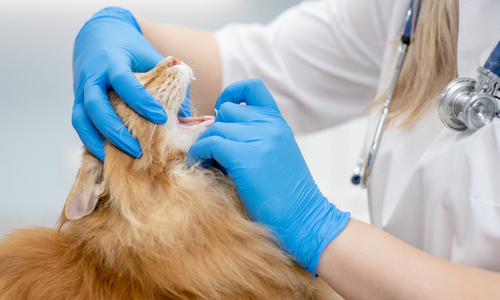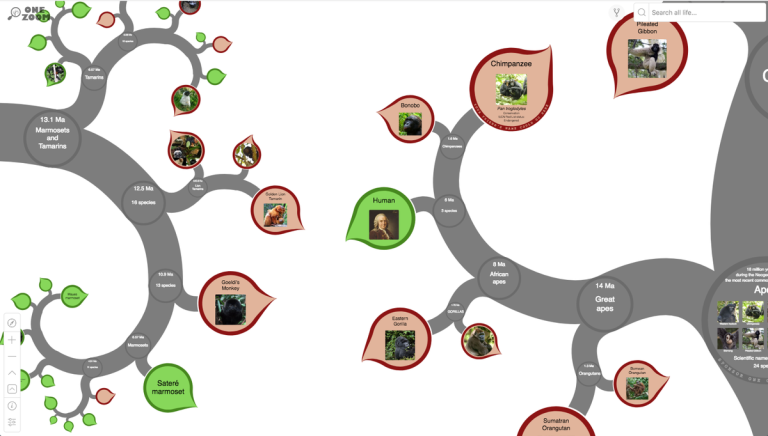Understanding and Managing Your Pet’s Dental Health
The Importance of Dental Health in Pets
In pet care, dental health is often overshadowed by diet and exercise. Yet, the impact of oral hygiene extends far beyond the mouth, influencing systemic health and quality of life. Neglected dental care in pets can lead to periodontal disease, a significant issue that affects most pets by age three. As these conditions progress, the risks extend beyond discomfort, potentially inducing more nefarious health problems, such as heart and kidney diseases. That’s why periodic dental evaluations are essential, and places like a veterinary hospital in Cold Spring Kentucky can play an integral role in such preventative care.
Recognizing the Signs of Dental Problems in Pets
Understanding the signs of dental distress can empower pet owners to act swiftly before concerns escalate. Halitosis—chronic bad breath—is a red flag, not just a mere inconvenience. Besides breath odor, difficulty eating, swollen gums, and discolored teeth are indicators that should prompt a visit to the veterinarian. Changes in behavior, like drooling, reduced interest in play, or pawing at the mouth, are also cues. Dental health is crucial to the entire treatment plan, as resources like the American Veterinary Medical Association highlight the relevance of these indications and how to appropriately respond to them.
Professional Dental Care for Your Pet
Regular professional dental cleanings can prevent the common plaque and tartar buildup that leads to most oral health issues. Typically, these cleanings involve polishing, which smoothes the surface to prevent future accumulation, and scaling, which involves dental experts removing calculus and plaque from the tooth surface. Advanced procedures may be performed as necessary, such as digital X-rays or even extractions under anesthesia. Establishing a habit of consistent dental check-ups at a reputed practice helps ensure professional monitoring and management of a pet’s dental health.
At-Home Dental Care Techniques
While veterinary expertise is vital, much of a pet’s dental care happens at home. Implementing a daily brushing routine with pet-safe toothpaste contributes significantly to dental health. Start gently and gradually introduce the brush as it becomes comfortable. In conjunction with brushing, dental chews, and toys can help manage plaque mechanically through the natural action of chewing. When regularly practiced, these interventions can drastically reduce the risk of dental diseases and promote a happier, healthier life for pets.
Diet and Its Role in Dental Health
The role of diet in a pet’s dental health is twofold. Firstly, the physical nature of the food can help or hinder dental hygiene — for example, some kibbles are formulated to assist in plaque removal. Secondly, certain nutrients can strengthen teeth and gums. It’s important to choose a balanced diet that supports overall health, including oral.







